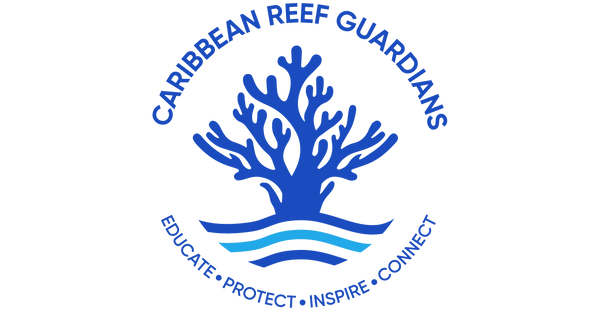GUARDIANS IN ACTION
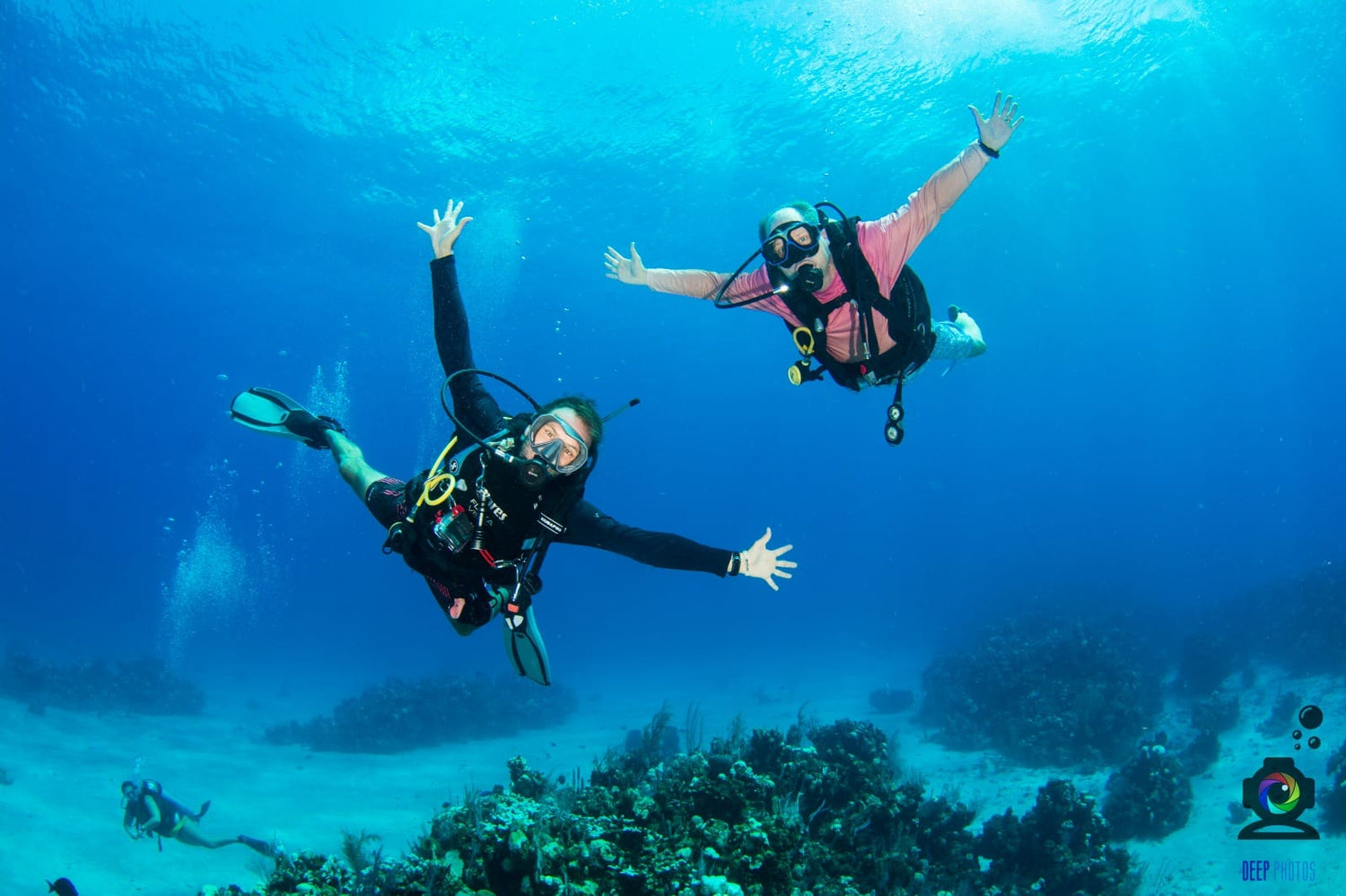
Learn diving the 'Guardians Way'!
Learn to Dive. Learn to Protect.
Become a certified diver — and become a reef defender — with Caribbean Reef Guardians.
Our marine education dive courses follow global SSI standards and go far beyond the basics. You won’t just master buoyancy and safety — you’ll learn how to spot coral diseases, identify key reef species and become an active part of ocean conservation.
Whether you're a beginner or advancing your dive skills, our programs blend expert instruction with hands-on reef knowledge. You’ll train with passionate instructors who live and breathe marine protection — and you’ll leave every dive more connected to the underwater world.
Dive the Guardian way. Learn with purpose. Protect with passion.
🌊 Courses for all levels
🌱 Eco-conscious, conservation-focused training
🤿 Certified SSI instructors
🪸 Real reef experiences, not just textbooks
Start your journey—book your course today and become part of something bigger than the bubbles.
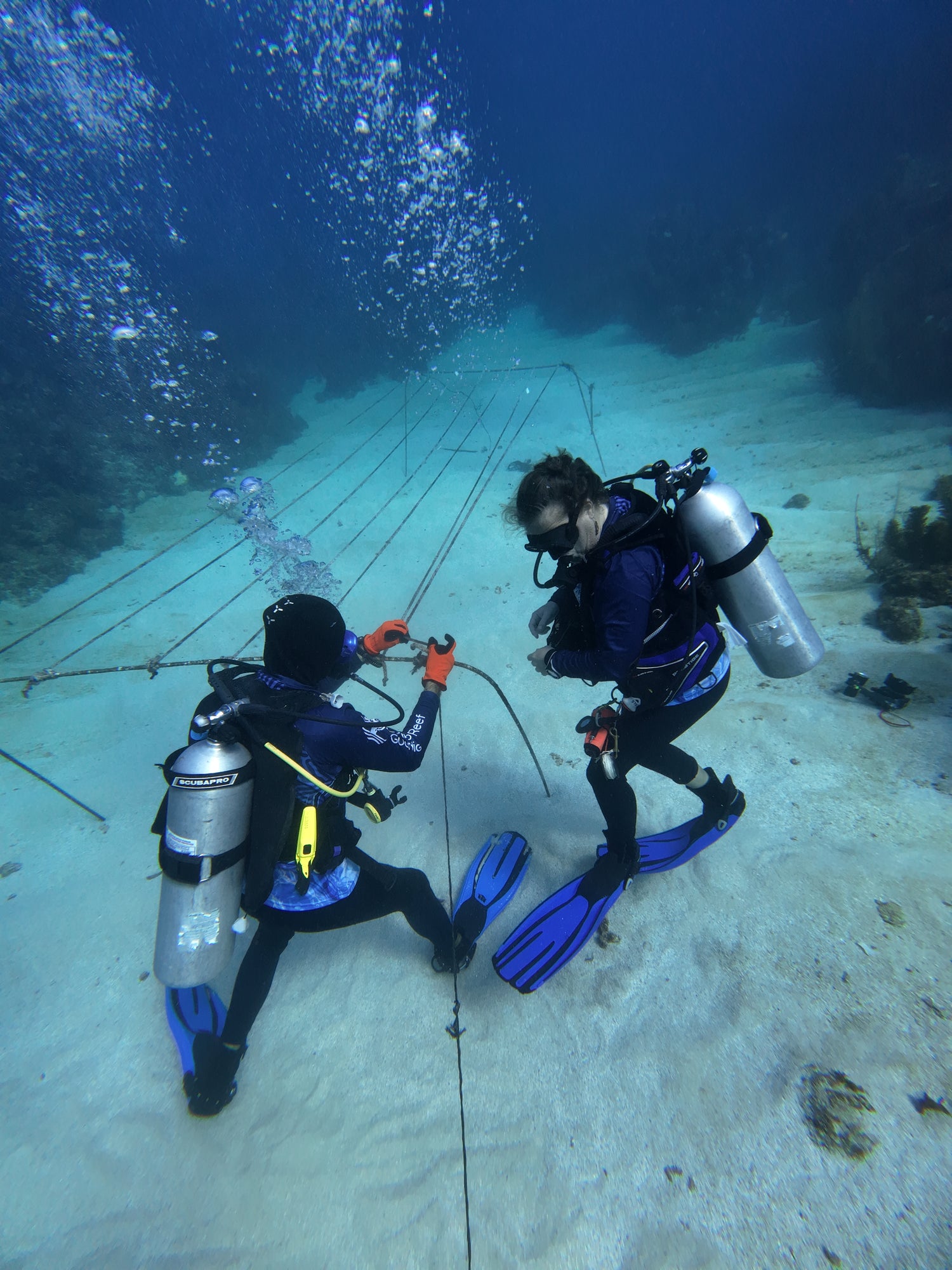
Coral Nurseries
We build coral nurseries near dive centers, involving divers in the hands-on work of collecting loose coral fragments, installing them in the nurseries, and maintaining their growth. These efforts help grow corals that supply our Mars Stars Reef Building Pilots, a key initiative for preserving coral genetic diversity.
Dive centers have the opportunity to partner with us to establish their own coral nurseries for a modest setup cost. By doing so, they play a direct role in coral restoration, offering divers a meaningful way to engage with reef conservation while supporting the long-term health of these vital ecosystems.
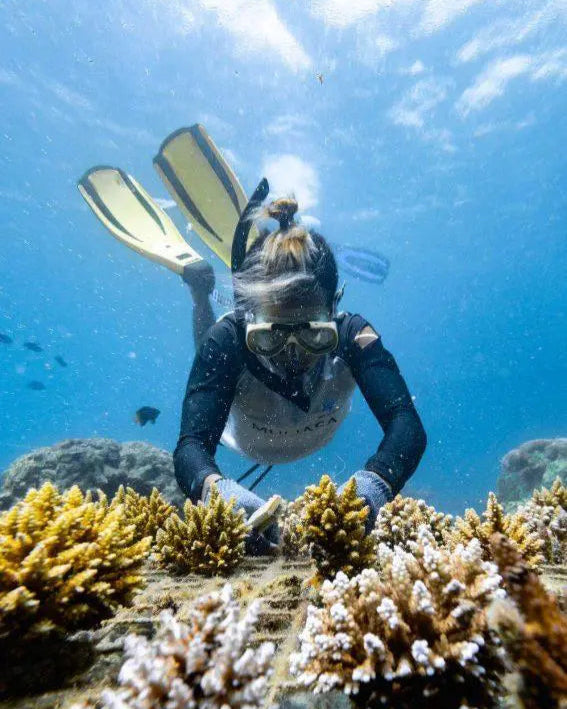
Mars Stars Reef Building Pilots
We are excited to launch pilot projects using Mars Reef Stars, an innovative structure designed specifically for coral restoration. These projects will be implemented at three sites around Roatán, where we aim to rebuild reefs with the support of the local community.
Mars Reef Stars provides valuable guidance, education, and training, but does not offer funding. Therefore, we depend on the local community and dive centers to assist with the deployment of these structures. By collaborating with us, you help drive these critical restoration efforts and contribute to the long-term health of our coral reefs.
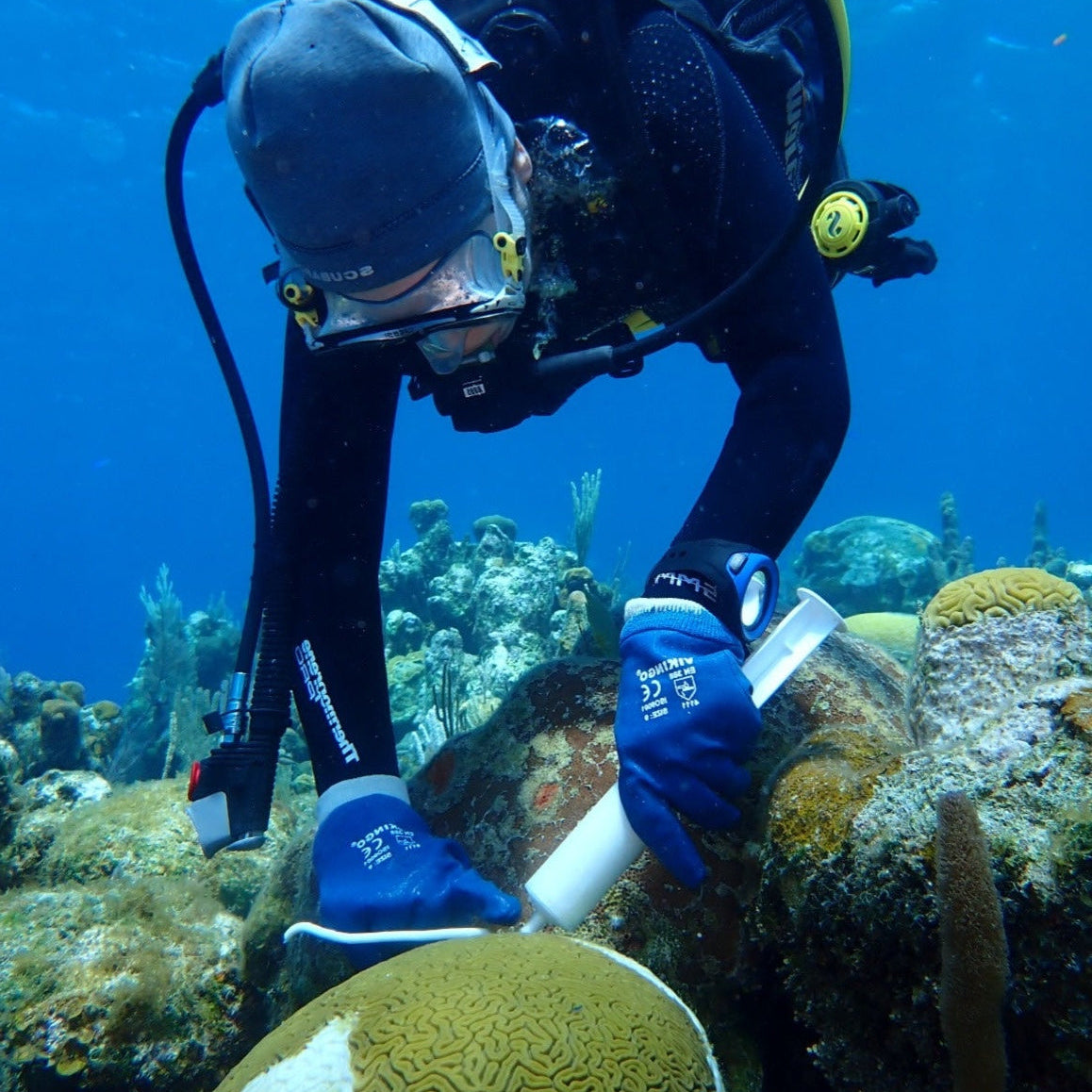
SCTLD Coral Treatment
Our mission is to restore and protect the Mesoamerican Caribbean coral reef through community involvement, education, and science-backed restoration techniques. Our work eims to support a resilient ecosystem that can help the reef recover from disease and damage, and
build resiliency to withstand future destruction. By engaging with local nonprofits, researchers, businesses, and volunteers, we are building a network of Guardians dedicated to preserving coral reefs.
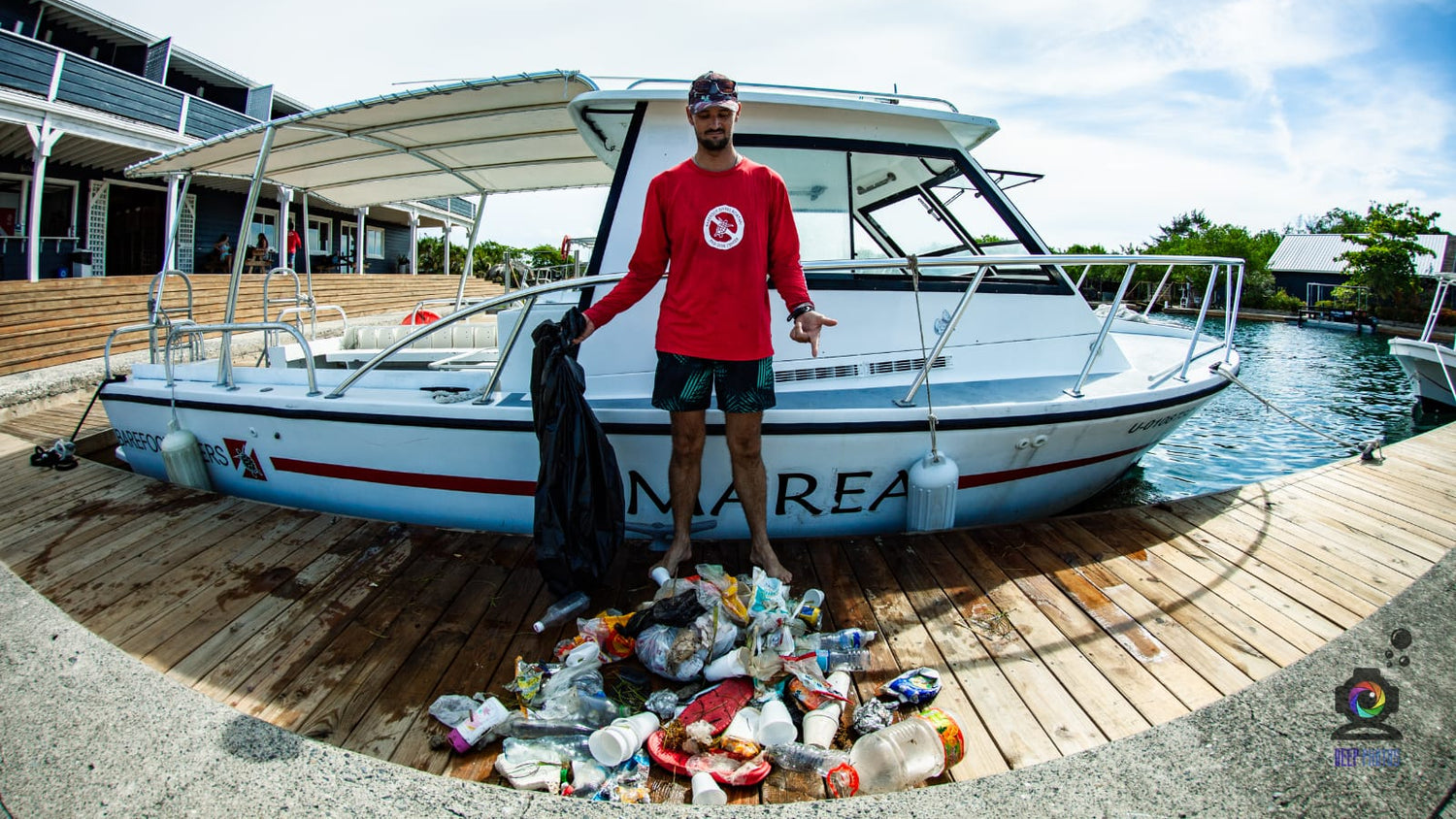
Clean-Up and Survey Dives
We organize community engagement dives to clean up local waters and conduct surveys on coral and fish populations.
We also organize beach and mangrove cleaning, pick up trash and plastic contamination in those fragile ecosystems and serve recycling projects.
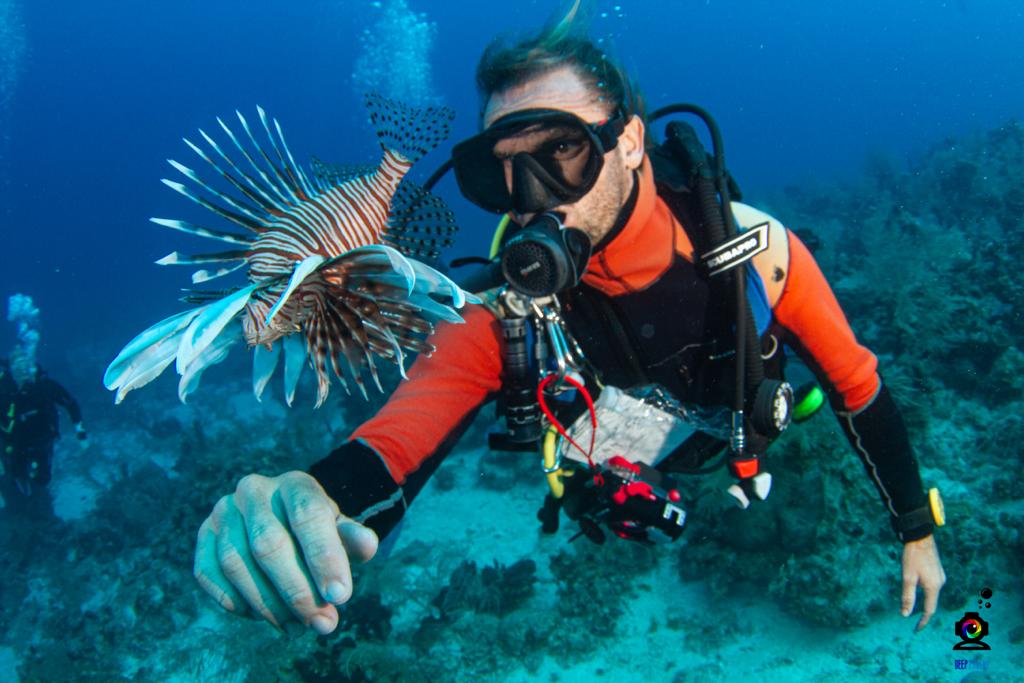
Control of invasive species
First we master your buoyancy and others advanced diving technics.
Then we train and certified you to hunt invasive lion-fish to preserve the native fish population and the diversity on the reef.
We also teach you how to identified, locate and remove other aggressive sponges and algae, mitigating their destructive propagation on top of precious alive hard coral colonies.
Mangrove Reforestation
Mangrove habitats are the natural nurseries of the coral reef. An innumerable diversity of species depends on the symbiosis of these 2 ecosystems for survival.
Mangroves also filter the water, catch sediment and other pollutants, they protect the beaches and shores, breaking the waves and provide a food source for local communities.
That's why we collect Rhizophora Red Mangrove seeds, grow them for months in our breeding grounds before we out-plant them back into the mangrove to increase their survival rate.
This assisted reforestation process tends to mitigate the environmental impact created by illegal deforestation. Restoring this fragile ecosystem that absorbs 5 times more C02 than rainforest and is in a critical danger, facing uncontrolled touristic and private development projects.
